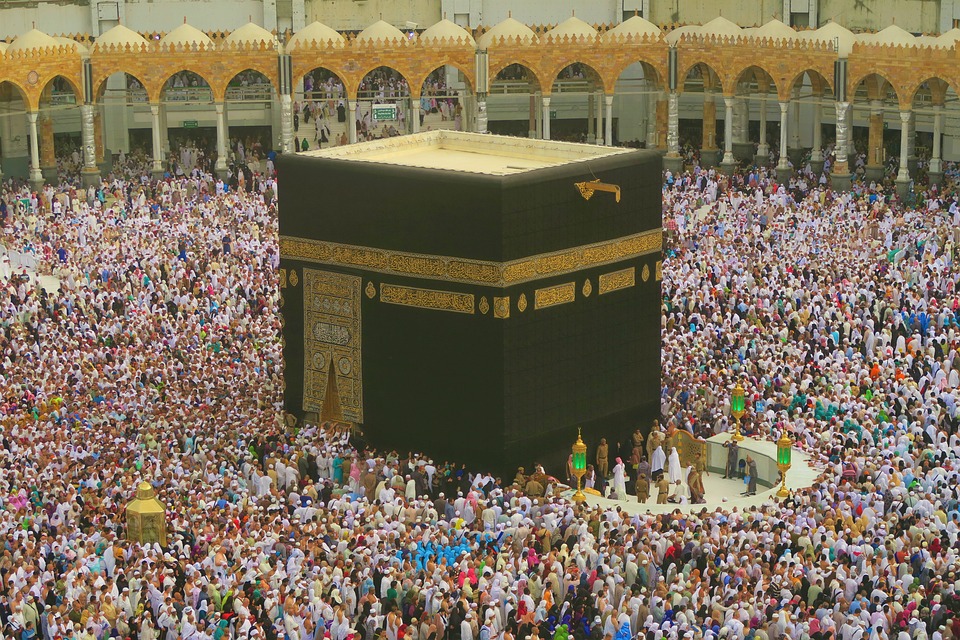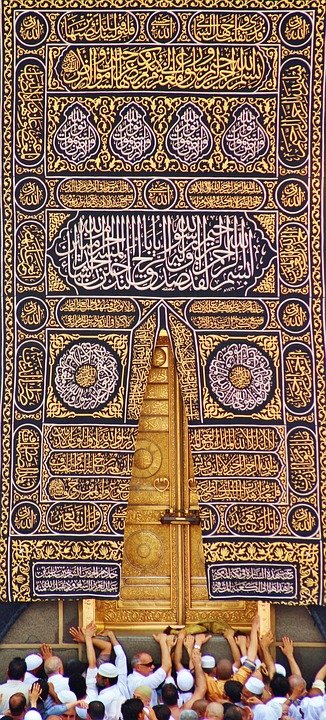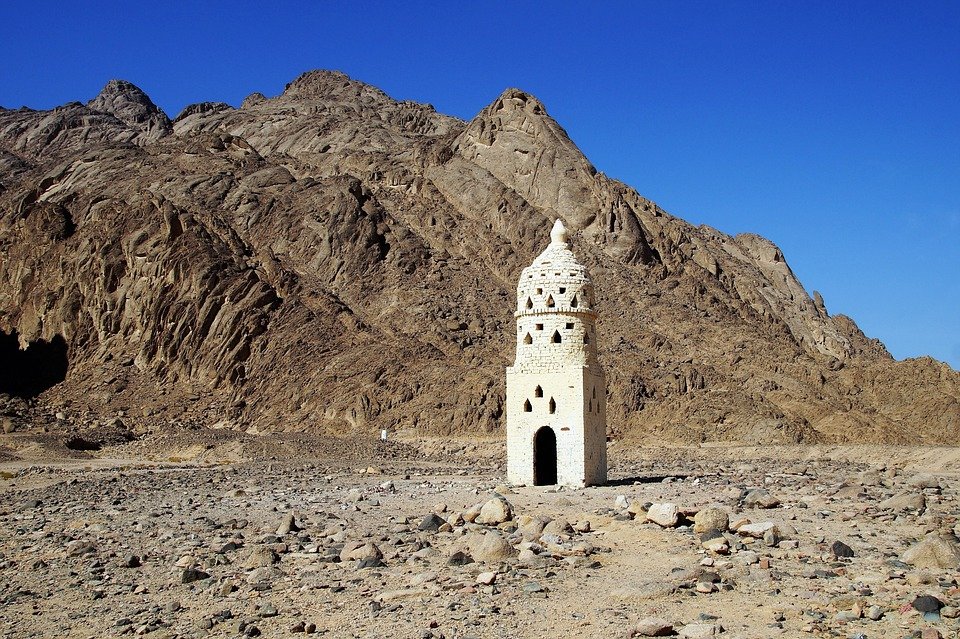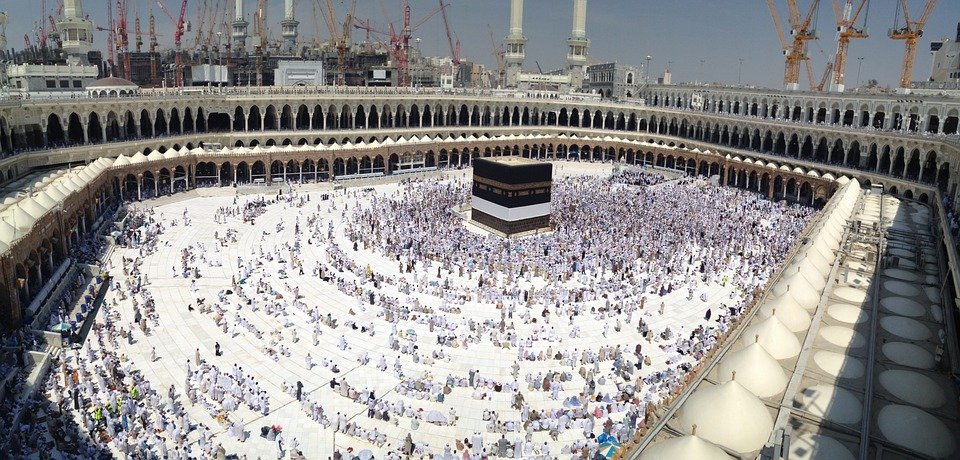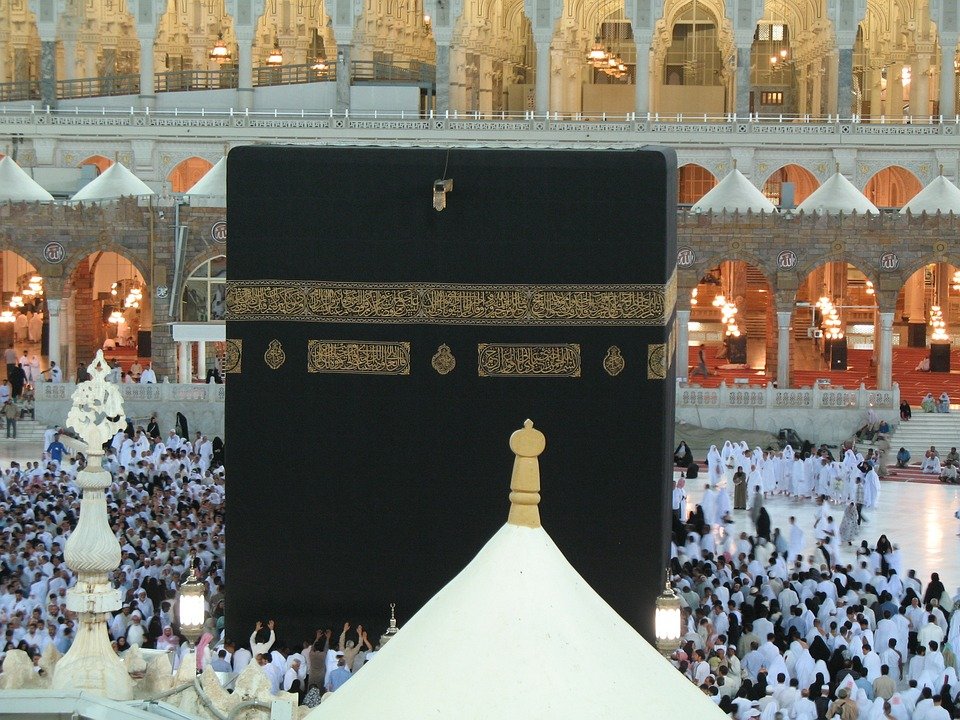Is Hajj performed in Ramadan? This question often arises for many Muslims curious about the relationship between these two significant acts of worship. In this article, I promise you will find a comprehensive guide that clarifies whether Hajj takes place during the holy month of Ramadan. The Hajj pilgrimage holds a unique place in Islamic practice, and understanding its timing in relation to Ramadan is essential for anyone seeking knowledge on this subject.
In my opinion, the significance of Hajj cannot be overstated, especially when considering its connection to Ramadan, a time of reflection and devotion. Although the actual Hajj rituals occur in the Islamic month of Dhul-Hijjah, understanding its spiritual importance during Ramadan plays a vital role in the lives of Muslims. At Airlinkhajjandumrah.com, our nine years of experience in providing insights into Hajj and Umrah travel since 2016 allows us to share valuable information on “Hajj Performed in Ramadan: Significance and Rituals Explained.” Together, let’s explore the depth of these practices and enrich our understanding of this essential aspect of our faith.
What is Hajj?
Hajj is one of the five pillars of Islam, meaning it holds immense significance for Muslims across the globe. Every year, millions of Muslims travel to the holy city of Mecca, in Saudi Arabia, to perform this sacred pilgrimage. Hajj takes place during a specific time each year, from the 8th to the 13th day of the Islamic month of Dhu al-Hijjah. It’s a time filled with spiritual reflection, community, and deep devotion.
Many believe that performing Hajj can purify one’s soul and pave the way for a fresh start. It’s an opportunity to seek forgiveness from Allah and seek His guidance. The rituals involved in Hajj may seem daunting at first, but they are filled with rich meaning and history. Each action, from circling the Kaaba to praying at Mount Arafat, holds lessons about humility, compassion, and unity. We can reflect on how Hajj brings people together from different backgrounds, showcasing a shared faith and purpose.
Hajj Performed in Ramadan
Now, let’s explore the significance of performing Hajj during Ramadan. Although Hajj is specifically observed in Dhu al-Hijjah, many Muslims believe that there is a profound spiritual connection between Hajj and the holy month of Ramadan. Ramadan is known for fasting, prayer, and charitable actions, making it a time of spiritual growth.
For many, the essence of both Hajj and Ramadan lies in their goal of strengthening faith and building a sense of community. During this month, Muslims engage in prayers, recite the Quran, and reflect on their lives. When thinking about Hajj performed in Ramadan, one can understand the heightened sense of devotion felt during this holy time. Ramadan encourages individuals to seek spiritual fulfillment, which aligns perfectly with the intentions behind Hajj.
Rituals of Hajj
Performing the rituals of Hajj can feel both exhilarating and overwhelming. One of the first actions is Ihram, a state of purity and intention that every pilgrim enters before proceeding to Mecca. This involves putting on simple, white garments that symbolize equality and unity among all pilgrims. After donning these garments, pilgrims proceed to the sacred mosque, where they perform the Tawaf, circling the Kaaba seven times.
Next, pilgrims head to Mount Arafat, a significant point where they pray and seek forgiveness. This day is often referred to as the “Day of Arafah” and is crucial for a successful Hajj. It’s a moment filled with intense emotion, as the seekers turn to Allah with sincerity. After prayers, pilgrims engage in the ritual of Muzdalifah, where they collect stones for the next day’s activities. Each of these rituals unfolds like a beautiful narrative, bringing together individuals from all walks of life under a common aim.
The Spiritual Significance
Hajj is not merely a set of physical actions; it’s a deeply spiritual experience. The significance lies in how each ritual promotes a personal connection with Allah. Standing at Arafat, for instance, creates an atmosphere of reflection and introspection. People can feel the weight of their prayers, with hope filling the air.
Moreover, the act of pilgrimage emphasizes togetherness. It reminds us that we are all equal before Allah, regardless of our worldly status. This harmony among diverse individuals fosters a sense of belonging and unity. The community aspect of Hajj, amplified during Ramadan, can provide lifelong friendships and partnerships based on faith.
Fasting and Prayer in Ramadan
Fasting during Ramadan is a profound act of devotion. It teaches patience, self-control, and empathy for those less fortunate. The daily fast from dawn until sunset allows individuals to focus on their spiritual life, which complements the goals of Hajj. When we engage in prayer and fasting, we cultivate a sense of awareness and gratitude.
During Ramadan, Muslims often recite more of the Quran and engage in additional prayers, enhancing their spiritual experience. This mindset aligns beautifully with the intentions behind Hajj. When pilgrims perform these rituals with a heart full of faith, they come closer to Allah. Therefore, fasting in Ramadan can amplify the spiritual rewards of performing Hajj or even Umrah during this blessed month.
The Role of Umrah During Ramadan
Umrah, distinguished from Hajj, is an excellent opportunity for Muslims to perform additional rituals of devotion. In my opinion, many individuals choose to undertake Umrah during Ramadan, believing the spiritual rewards are multiplied. Like Hajj, Umrah involves specific rituals, such as Tawaf around the Kaaba and Sa’i between the hills of Safa and Marwah.
For many, undertaking Umrah during Ramadan can provide a sense of peace and connection during a time meant for reflection. It serves as a chance to draw closer to Allah, immerse oneself in prayer, and seek forgiveness. While not directly part of the five pillars, the connection between Umrah and Ramadan significantly enhances one’s faith and commitment to Islam.
Preparing for the Pilgrimage
Preparation for any pilgrimage, including Hajj and Umrah, requires careful thought. Spiritual readiness is essential, as it enhances the overall experience. Muslims are encouraged to purify their intentions beforehand, focusing solely on worship and connection. In addition to spiritual preparation, logistical aspects should be taken seriously, especially during Ramadan when crowds swell.
Packing suitable garments, ensuring proper documentation, and seeking guidance from knowledgeable sources can make the pilgrimage smoother. It’s also wise to join a well-regarded tour operator. Their expertise can help navigate the many aspects of the trip, allowing pilgrims to focus more on their spiritual journey rather than logistical challenges. The better prepared we are, the more we can immerse ourselves in the beauty of Hajj and Umrah.
Mushu, an experienced Saudi Arabia traveler and writer, shares insightful tips and spiritual reflections to enhance Hajj and Umrah journeys for fellow pilgrims. He has been to Makkah and Madina from 2016 to 2023 many times and his posts will reflect this.


